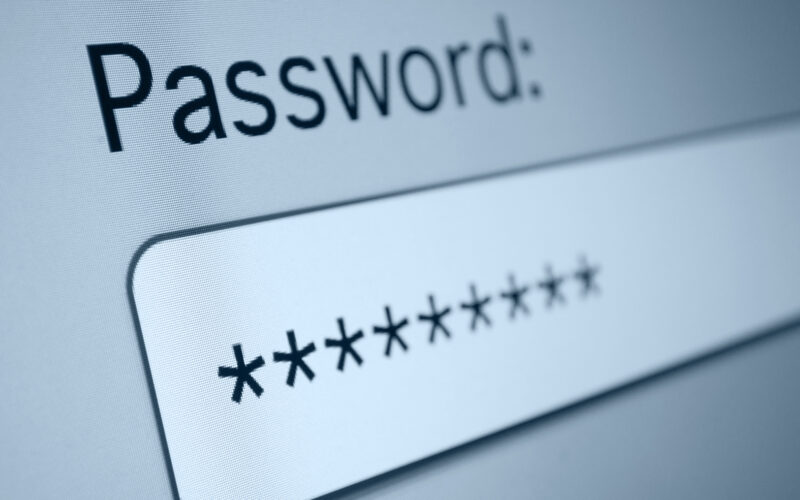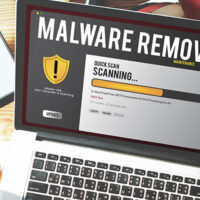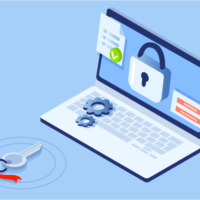Passwords – Security – How to Keep Track of Them

There are several ways that you can keep track of your passwords.
1) Passwords
Remember that sentence from high school — hang out at the library, do your research, come up with questions to research on the web, meet new friends and see where they are from.
2) Options
There are several different methods that you can use to keep track of your passwords. You might use different types of passwords for different things, but we all know that it is impossible to remember them all.
You might consider security questions.
For example, let’s say you visit a friend’s house for the day and decide to leave behind your cellphone at the door for safekeeping. Safekeeping is a great thing and all, but you might want to use another form of password to – not leave behind.
You could choose to answer yes to questions like, “Where were you born?”
Or, “Mother’s maiden name.”
Or, “Name of elementary school teacher”
3) Creates a Word Checklist
This is such a great tool because you gain control of your password and create a list of words that you are afraid to use.
4) parses PassREFs
Not only does this help you remember your passwords better, but it also allows you to use them with a sentence structure.
Passref is such a great free password converter.
Or, you can use your own text file as a plugin.
If you are using WordPress, see these great plugins that help you convert your password to HTML:
towers for html
wp-html-to-html
Are you using a text editor instead of WordPress?
5) minute to minute changes
I personally like to use minute-to-minute changes because it allows me to easily monitor how many times I use the same password. If I notice that I am using the same password again and again, I know that it has to be a scam.
6) recover from a bad password
I lost a password a few months back and it was one of those “what ifs”. I stored it in my browser for future reference. Would I give them my details and be a victim of identity theft?
What if I spend all day at work and never use my computer at home?
What if I don’t update my security software or my anti-virus cleaner?
For the first one, I would go to my web host’s support page and explain what happened and how it happened. For the second one, I would check out my host’s support channel or call tech support.
If I have sensible software on my machine, why can’t I use it? There is nothing that could be affected by it, aside from internet security software.
7) Run anti-virus software
There are tons of them out there that you can run to protect your computer. I personally run the Norton Antivirus, Windows 7 Antivirus, Zone Alarm and look for ones that are compatible with my operating system.
If you are a Mac user, Norton products seem to be pretty stand-up.
8) Don’t go on nasty sites
And finally, if you decide to go to one of the sites that you get an error on, try to log out immediately. If you can’t, or it’s a particularly nasty site, you should call your web host to see if they will take a look at it.
I never visit sites that contain viruses either directly or through links in emails. I try to browse them using Google Chrome or Mozilla Firefox.
These tips came from some of the best websites I could find through a search engine, and I highly recommend you check them out as they might help you prevent online fraud.



